Students speak up about voting in the 2020 election
The 2020 election was unprecedented. From being conducted in the midst of a global pandemic, the presidential race was a unique and close one with divisive matters at stake. Lailah Rivera and Adjoa Aikins are students at College of the Desert. They shared about the 2020 election, their voting experience and the future of the United States.
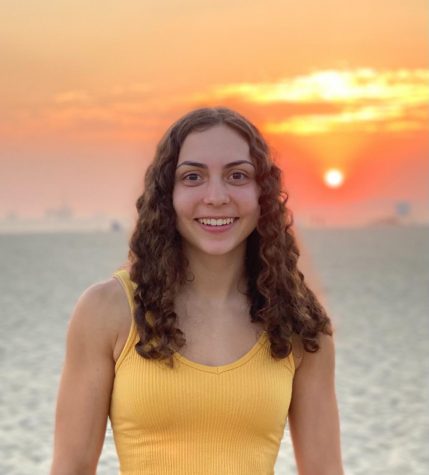
Sam is pursuing a Journalism AA-T Degree at College of the Desert. She is looking to combine her passions for sports and writing through a career in sports...

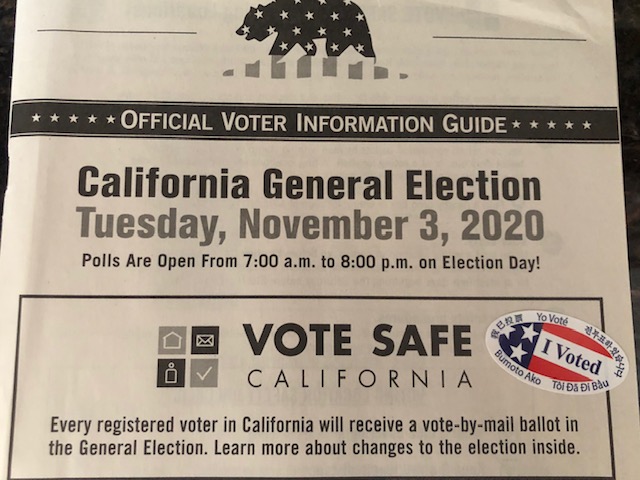

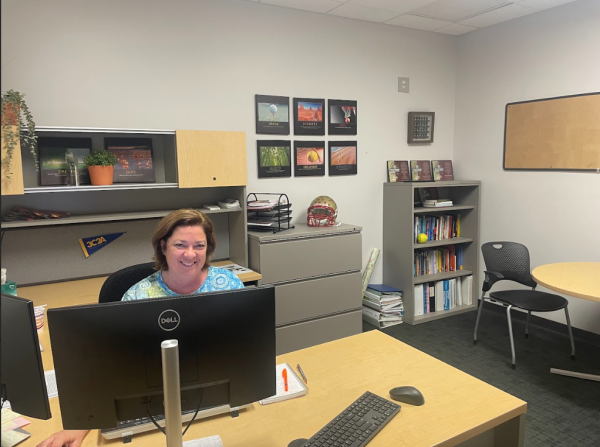
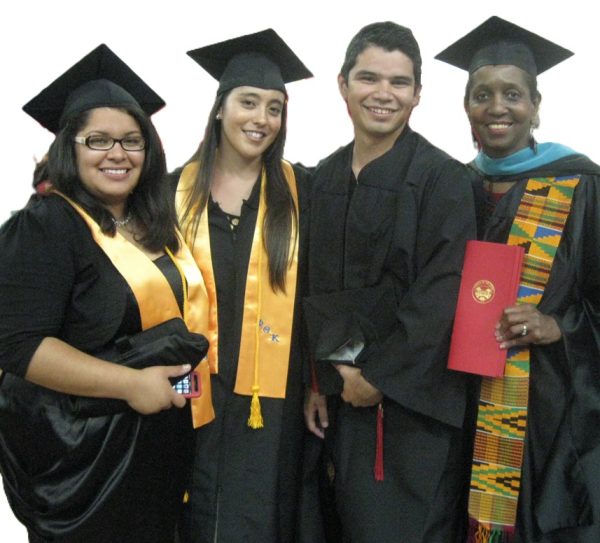

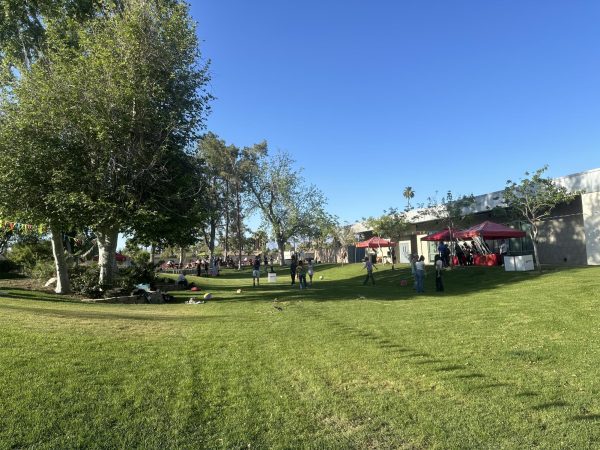
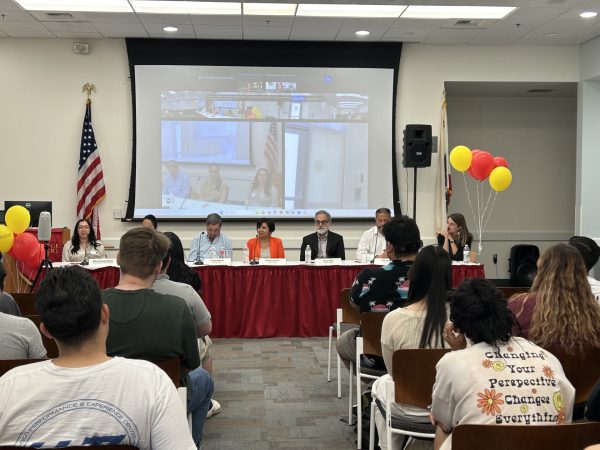
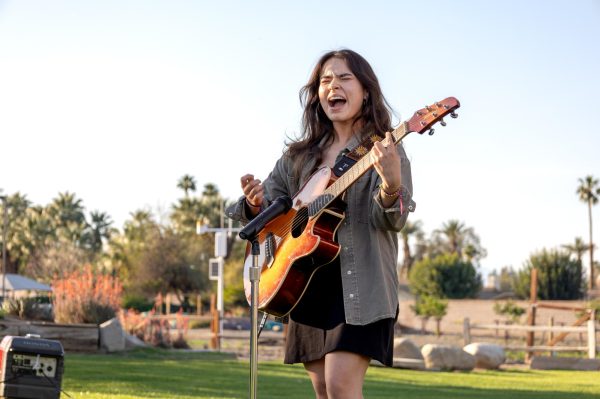
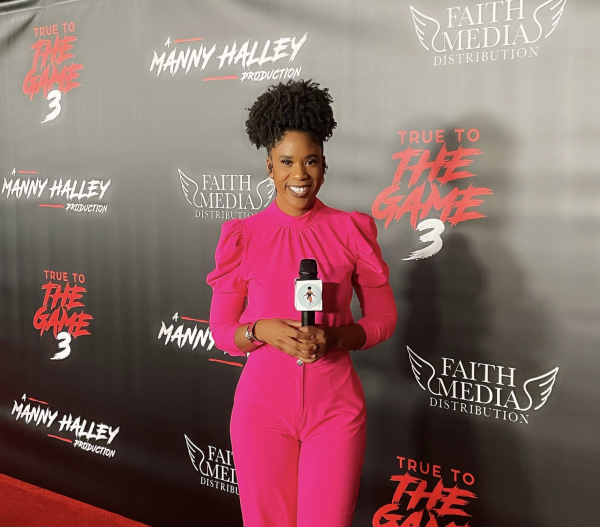
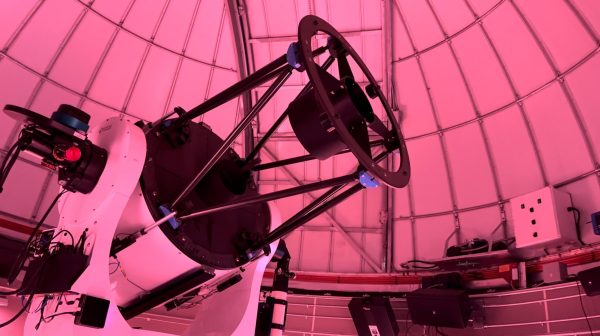


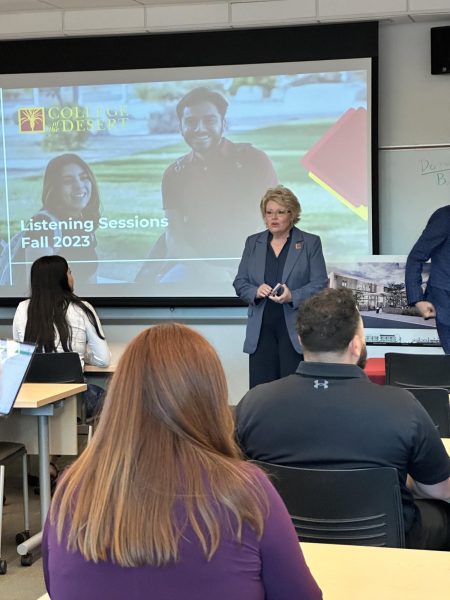
Rivera, 19, voted for the first time this year. “It was a good experience voting for the first time, although it was a little confusing when it came to voting on the propositions,” she said. “The propositions I feel weren’t thorough or clear enough to understand what I was voting for. I feel that it would have been good if they added arguments against and for each proposition.”
Aikins, 22, voted for the first time in 2016. “What I really came to understand at that time was that no matter what your political ideologies are, you as a person should care about who is running your country, who is advocating for you and your best interests,” she said.
Rivera and Aikins both voted by mail and plan to stick with that method for future elections.
“The voting method that I used was through the mail-in ballot and I don’t plan to change it in the future since I felt it was good to be able to vote at the comfort of my own home,” Rivera said. “Especially now with COVID, I think it was best to stay out of the crowds.”
Aikins’ mother has worked at polling stations since Barack Obama’s 2012 presidential campaign but stopped this year due to the coronavirus.
“Since the spread of COVID, she’s stopped participating fearing she’d expose herself as well as being a senior with a compromised immune system,” Aikins said. “My mother and I did a mail-in ballot this year and will probably stick with that method of voting.”
As a first-time voter, Rivera said she was surprised by the abundant measures on the election ballot. “I thought that I was only going to vote for the president and the vice president,” she said.
Aikins gratefully acknowledges her ability to participate in the democratic process. “I thought it was so amazing that I at a young age am able to have a voice on who I think will best fit the role for the presidency,” she said.
Aikins said she felt ‘many things’ after casting her vote. “Being one out of 159.8 million people who voted in the 2020 election sometimes gives off the feeling that your vote might not count towards who you hope will be elected, especially if the other party has a majority vote,” she said. “But remembering supreme court justice Ruth Bader Ginsburg’s words, ‘real change, enduring change, happens one step at a time,’ really helps keep it in perspective.”
Rivera used her ability to vote this year as an opportunity to educate herself on the government further. “I think that I was able to understand more of what was going on and watch newscasters keep up with the election,” she said. “I hope to see a country that progresses with social values and not move backward with values in the near future.”
Aikins notes the questionable handling of this election. “Thousands of people have come out who are not even Trump supporters complaining about the way this election has been handled, that there is obvious corruption taking place and at this point, it isn’t even about who becomes president but maintaining the integrity of our constitutional republic and its democratic process,” she said.
“I think a lot of big mainstream news and media outlets tend to be extremely biased and subjective these days, especially with the 2020 elections. It now seems to be a race of who can get out the information first without the need to check for accuracy, and that is not fair to the American people,” said Aikins.
Aikins believes that “whether you’re a Democrat or a Republican, the same principles for voting in our country should be upheld, principles for which our constitution is written, and those principles should continue to be carried out in the future.”